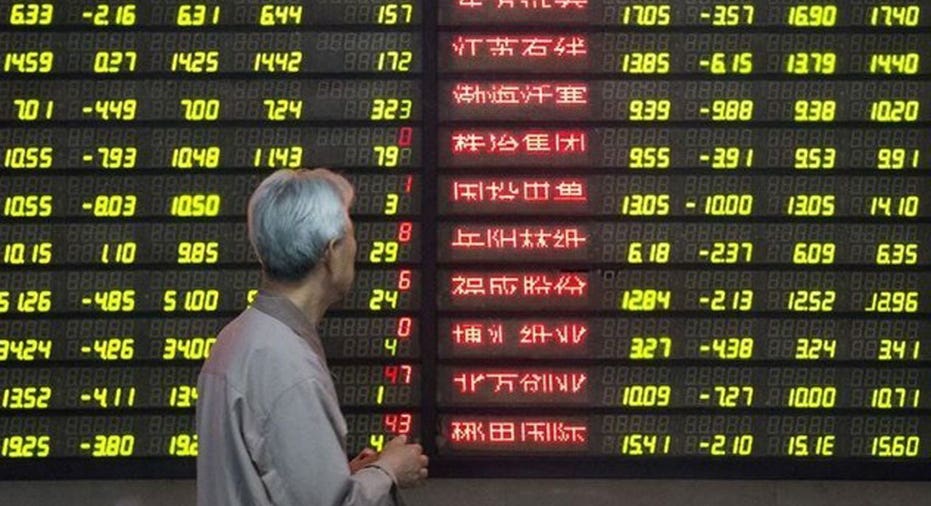IMF Warns China of Reliance on Credit, Other Imbalances

China needs to reduce its reliance on credit-fueled investment and deal with rising corporate debt and other imbalances while those problems are still manageable, the International Monetary Fund urged in a review of the world's second largest economy.
In an annual review, the IMF said Friday that Beijing is relying excessively on credit to reach "unsustainably high growth targets." The multilateral agency's to-do list includes tackling corporate debt, reforming bloated state enterprises and strengthening the financial system to reduce distorting effects on China's economic performance.
The IMF cited growing risks of disorderly corporate defaults, protracted lower growth and a "hard landing" in regions suffering from industrial overcapacity if Beijing failed to act quickly to overhaul its economy. China's main economic agencies and regulators didn't respond to requests for comment.
China's main economic agencies and regulators didn't respond to requests for comment.
Some economists have warned that Beijing's attempts to prop up growth at relatively high levels is leading to more wasteful investment and financial risks that could ultimately further weigh on China at a time the global economy is in a slow-growth rut. Chinese leaders have moved cautiously in overhauling the economy out of concern about labor unrest and market turmoil ahead of a leadership change next year.
"China's economic transition will continue to be complex, challenging, and potentially bumpy, against the backdrop of heightened downside risks," the IMF said in the report following a two-week consultation with Chinese officials. "Vulnerabilities are still rising on a dangerous trajectory," and while fiscal and foreign exchange reserves are still adequate, they "are eroding."
China in recent months has sent a wash of credit through its financial system to cushion its economic downturn and hit its growth targets of 6.5% to 7% this year and an average of 6.5% over the next five years.
That heavy reliance on state funding threatens to crowd out private companies—a risk noted by the IMF—and thereby set back the Chinese government's planned transition to a services and consumption-led economy. Private investment declined in June for the first time since China started releasing statistics in 2004 and worsened in July.
Part of the problem lies with the massive state-owned enterprises, which account for around 55% of corporate debt but only produce 22% of economic output. The IMF called for Beijing to move faster in reforming state-owned companies. It suggested curtailing their preferential access to credit and markets and liquidating or restructuring zombie firms—unprofitable, debt-laden companies kept alive by credit.
Their reform is on President Xi Jinping's agenda, though he has called for state companies to remain a core part of the economy and his government has been slow to tackle their problems.
The IMF review also renewed its alarm about corporate debt levels, which are at an estimated 145% of China's gross domestic product, up from around 100% in 2007. In June, the IMF said China's corporate liabilities were " high by any standard" adding that they "must be addressed immediately."
According to the IMF, Chinese authorities told them they were making progress on reducing debt, carrying out structural reform, giving markets a more decisive role in the economy and that state companies are "increasingly competing on an equal footing with private firms."
In the review, the IMF also urged Beijing to address looming vulnerabilities in the financial sector even if this results in slower economic growth. Banks should recognize loan losses and strengthen their capital ratios, it said, and Beijing should tighten control over off-book financial products.



















